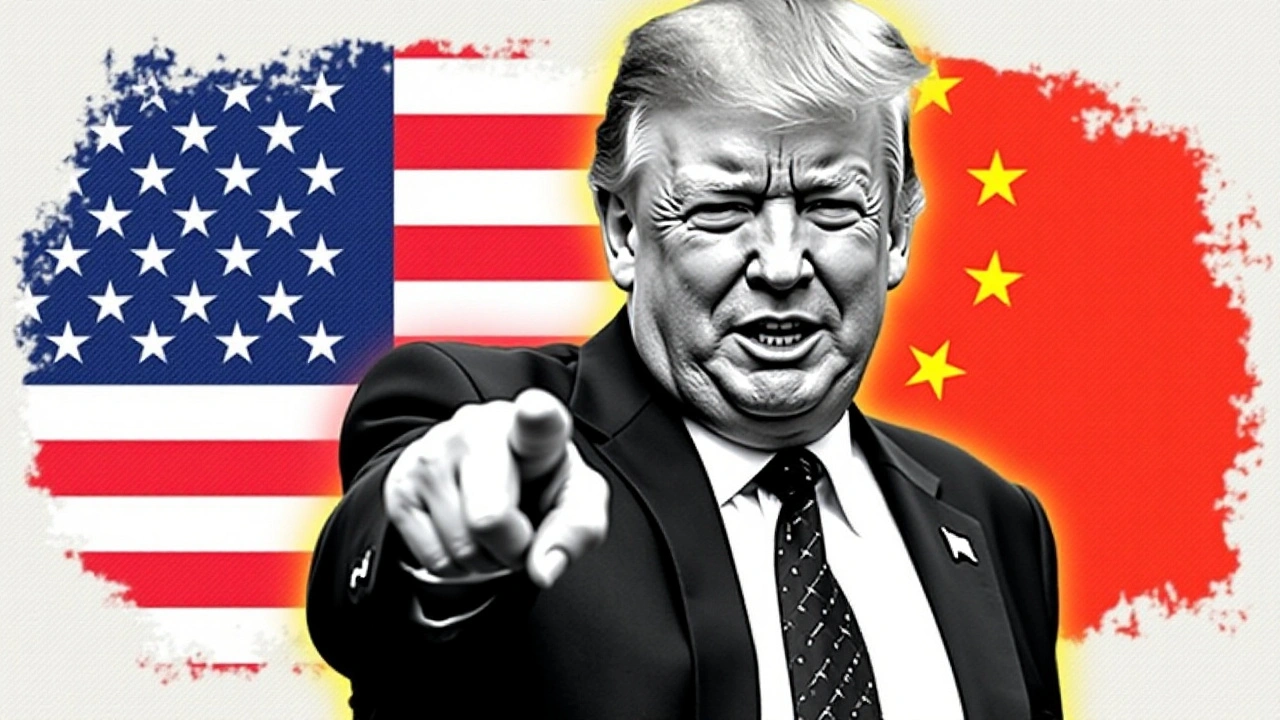- Real Madrid Prodigy Endrick Marries Model Gabriely Miranda with Unusual Relationship Contract Sep 18, 2024
- Roberto Firmino's Transformation: From Liverpool Striker to Ordained Evangelical Pastor Jul 10, 2024
- Exciting Launch: Hamster Kombat $HMSTR Airdrop Set for September 26, 2024 Sep 27, 2024
- Dave Chappelle’s Sold-Out Show in Nairobi Highlights His Global Appeal May 27, 2024
- Portugal's Dominant Performance Against Poland in UEFA Nations League: Ronaldo Shines with Spectacular Goal Nov 17, 2024
De-dollarization: What It Means for Africa and Your Money
Imagine trade, loans and savings moving away from the US dollar. That’s de-dollarization — a deliberate shift by countries to reduce dollar use in trade, reserves and contracts. It’s happening in parts of the world and could reshape how African economies handle imports, exports and foreign debt.
Why countries push de-dollarization
Governments try it for clear reasons: cut exposure to US policy swings, lower transaction fees, and protect local monetary policy. Central banks buy non-dollar assets, sign currency swap lines, and encourage invoicing in local or partner currencies. Big players like China and Russia have already shown the path. For African nations, the move promises more control but also needs stronger local markets and steady policy to work.
Practical fallout can be mixed. If a country successfully reduces dollar demand, the local currency might strengthen and import costs could fall. But during the shift, volatility often rises. Black market exchange rates can spike, foreign investors may pause, and businesses used to dollar pricing will need to adjust quickly.
How this affects businesses and people
Don’t wait to act. Review your exposure to the dollar now. If your business buys goods priced in dollars, you face direct risk if exchange rates swing. If you keep savings in foreign accounts or get remittances in dollars, plan for possible short-term moves in official and parallel markets.
Simple steps to manage risk:
- Audit currency exposure: list dollar revenues, costs and debts.
- Try to invoice in local currency where suppliers and clients accept it.
- Use short-term hedges like forwards for key payments when available.
- Diversify savings: mix local bank accounts, other major currencies, and low-risk assets.
- Send and receive remittances through regulated channels to avoid volatile black-market rates.
For governments and banks, the priorities are clear: build transparent FX policy, create swap lines with trusted partners, and strengthen regional payment systems. Policymakers must communicate plans clearly so markets don’t overreact.
What to expect next? De-dollarization rarely happens overnight. It’s a gradual process that may take years. Short-term turbulence is likely, but steady policies and deeper local markets can make the transition smoother. African countries that boost intra-regional trade and develop local bond markets will find the change easier.
If you run a business, manage money or simply keep savings, now is a good time to check currency exposure, talk to your bank or an adviser, and update contracts where possible. De-dollarization could bring more monetary control and lower costs over time — but only if you plan for the bumps along the way.
Future of BRICS Currency: Exploring Alternatives in Global Finance
- Katlego Sean Mahaye
- Dec 7, 2024
Finance Minister Enoch Godongwana recently confirmed that no discussions about the creation of a new currency among the BRICS nations have taken place. While there is much interest in moving away from the U.S. dollar, tangible plans to develop an alternative financial system or currency remain distant. The New Development Bank's priority currently lies in expanding its membership and focusing on climate-project lending.
